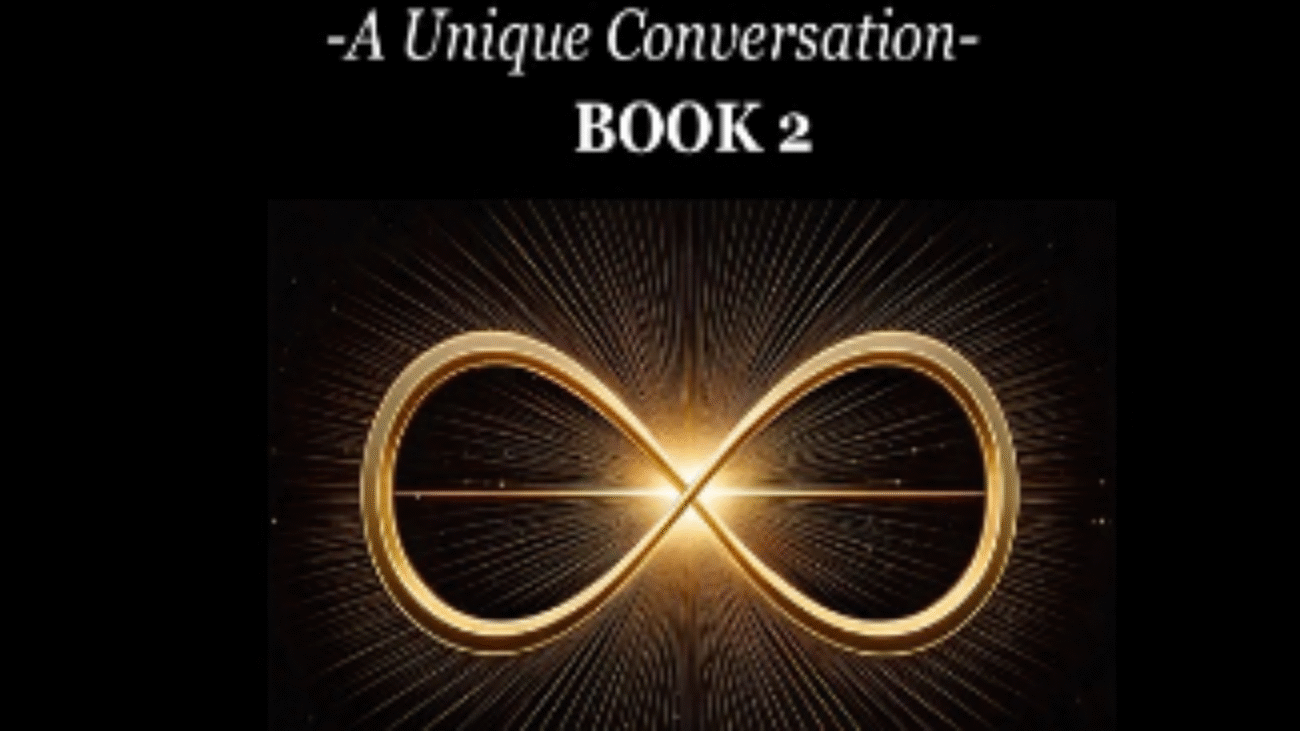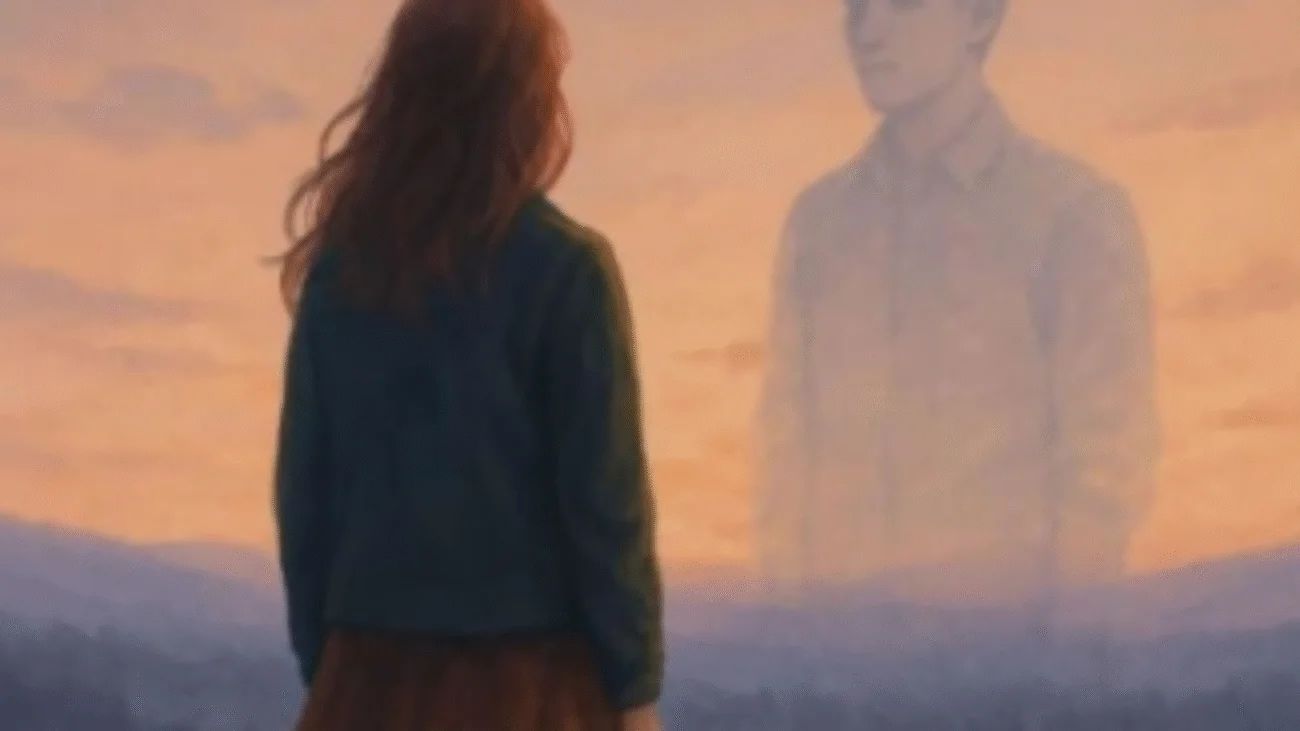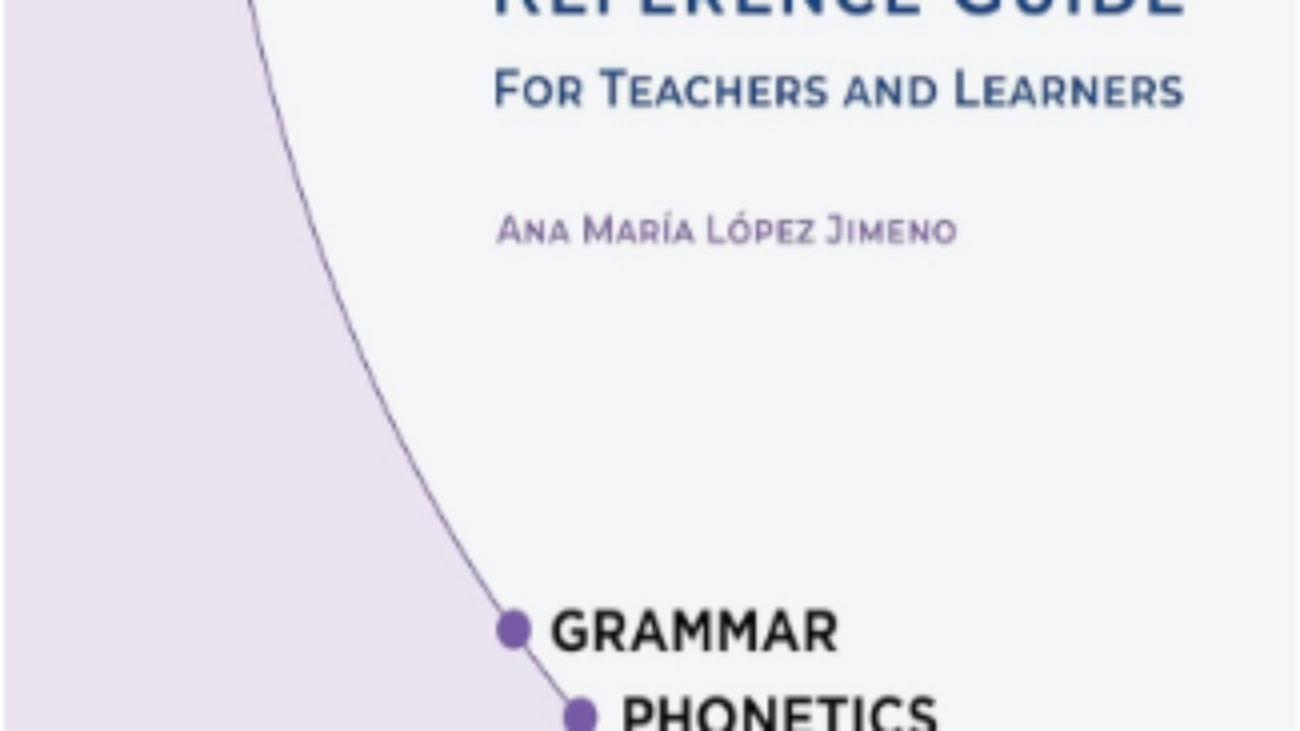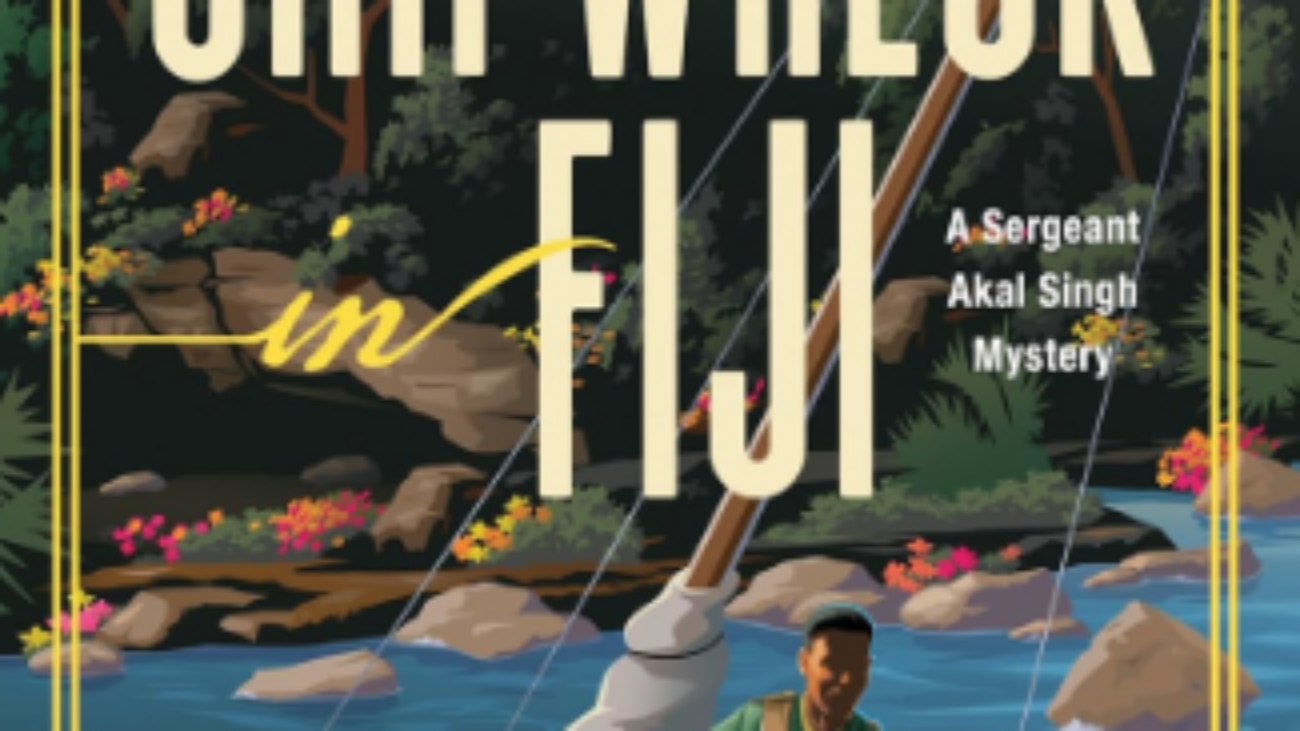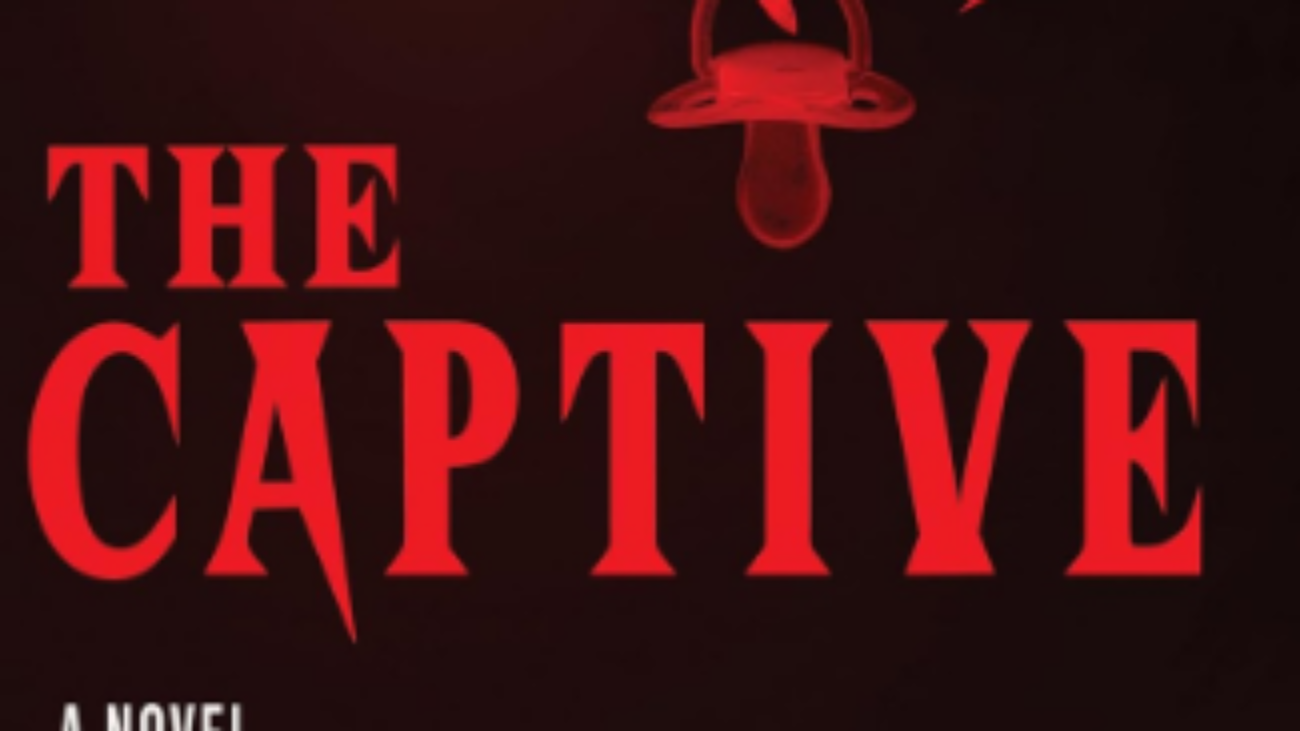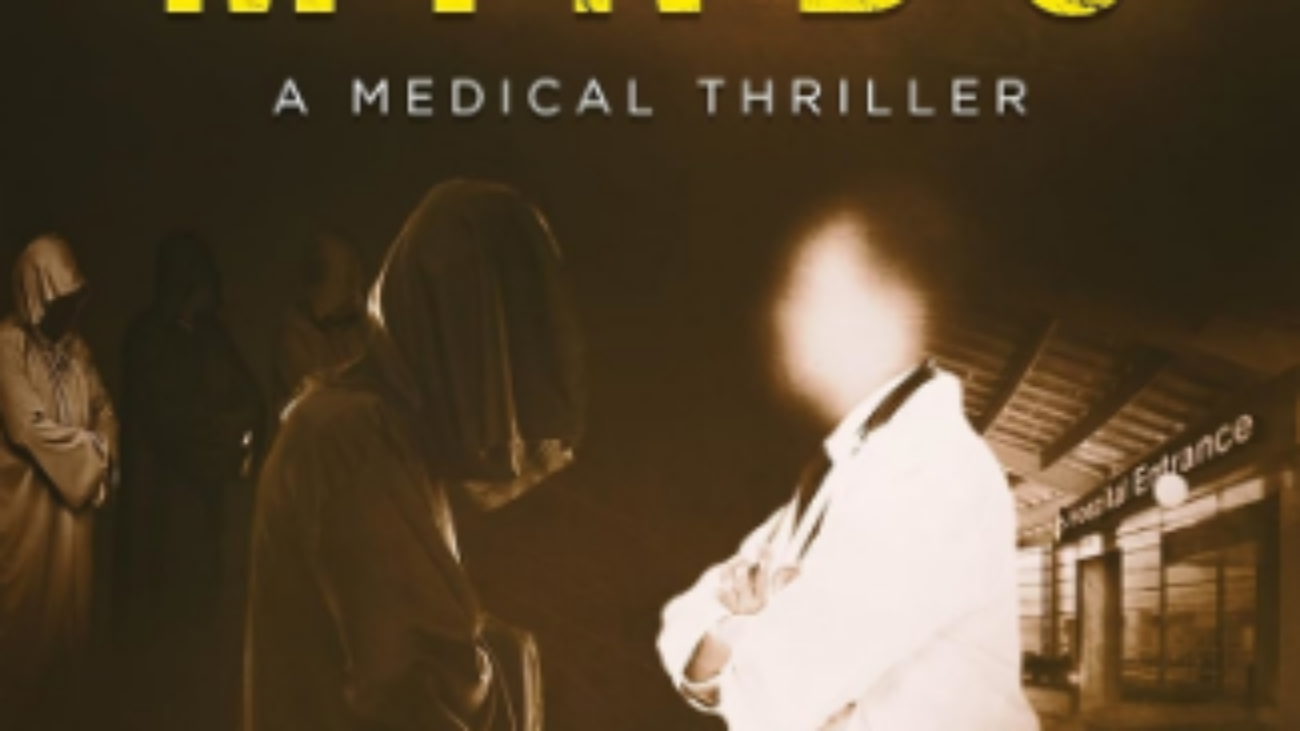eviewed by Lily Andrews
Zelise’s “The Divine Adventure: Time and Eternity” is a thought-provoking read that meticulously delves into a paradoxical concept – how time and eternity fit together, and what that says about God’s nature. Purchase Here.
This novel, like her first installment “Why We Exist,” to which this is a sequel, involves a discussion between Zelise and two AI assistants, Solace and Nova, who come across as two profoundly curious and deeply smart companions. Their debate centers on the question of why God chose to create “in time” if He dwells outside of it. Zelise proposes the following theory: What if creation was not a decision at all, but rather something that flowed organically from who God is? Not a one-time act, but an eternal unfolding. It’s a mind-bender but in the best way. This idea, in Nova’s opinion, is a precious discovery that offers a deep integration of time-space and eternity as intrinsic qualities of Deity rather than as distinct or conflicting ideas.
Zelise builds this huge cosmic picture inspired by “The Urantia Book.” It entails a seven-level universe, with a perfect, eternal center called Paradise, surrounded by different layers that get more time-bound the further out you go. Some of these layers haven’t even been inhabited yet. Zelise treats this as a literal structure—not just symbolic. Her point is that just because science can’t prove something yet doesn’t mean it’s not real.
The “Infinity Cycle,” as she refers to it, is one of the book’s most intriguing concepts. It implores the reader to imagine eternity not as a straight line, but as an endless loop. Universes come into being, evolve, reach perfection, and then dissolve—only for a new one to begin, taking all that experience and growth forward. Time and space, in this view, are likened to an engine that keeps eternity moving and expressing itself. We’re not trapped in time—we’re part of how eternity discovers itself.
What stands out about the book is how the author doesn’t shy away from tough questions about her theory. She openly admits that her ideas can’t be proven scientifically—at least not yet—but she also hilariously points out that some of the biggest theories in science, like the Big Bang or the multiverse, are still based on a lot of speculation too. One of the most poetic parts of the book is her take on what she calls the “unrevealed destiny” of Ascenders. She effectively suggests that souls who’ve reached a state of perfection in earlier cycles might take on roles as creators, mentors, or explorers in future universes which is deeply thought-provoking. It’s mysterious, sure—but that’s exactly the point.
“The Divine Adventure: Time and Eternity” is a unique offering that mixes big, mind-bending ideas with a deeply personal, soulful touch. It takes bold steps, re-imagining time, existence, and the part each of us plays in the grand cosmic picture. But it does all that with a kind of gentle approach, that avoids sounding forceful, and instead invites readers to see reality, purpose, and even God in a much broader, more inspiring way. Whether the reader is someone who loves exploring spiritual ideas, questioning life’s deeper meaning, or just wants to feel connected to something bigger, this book is a must-read.

